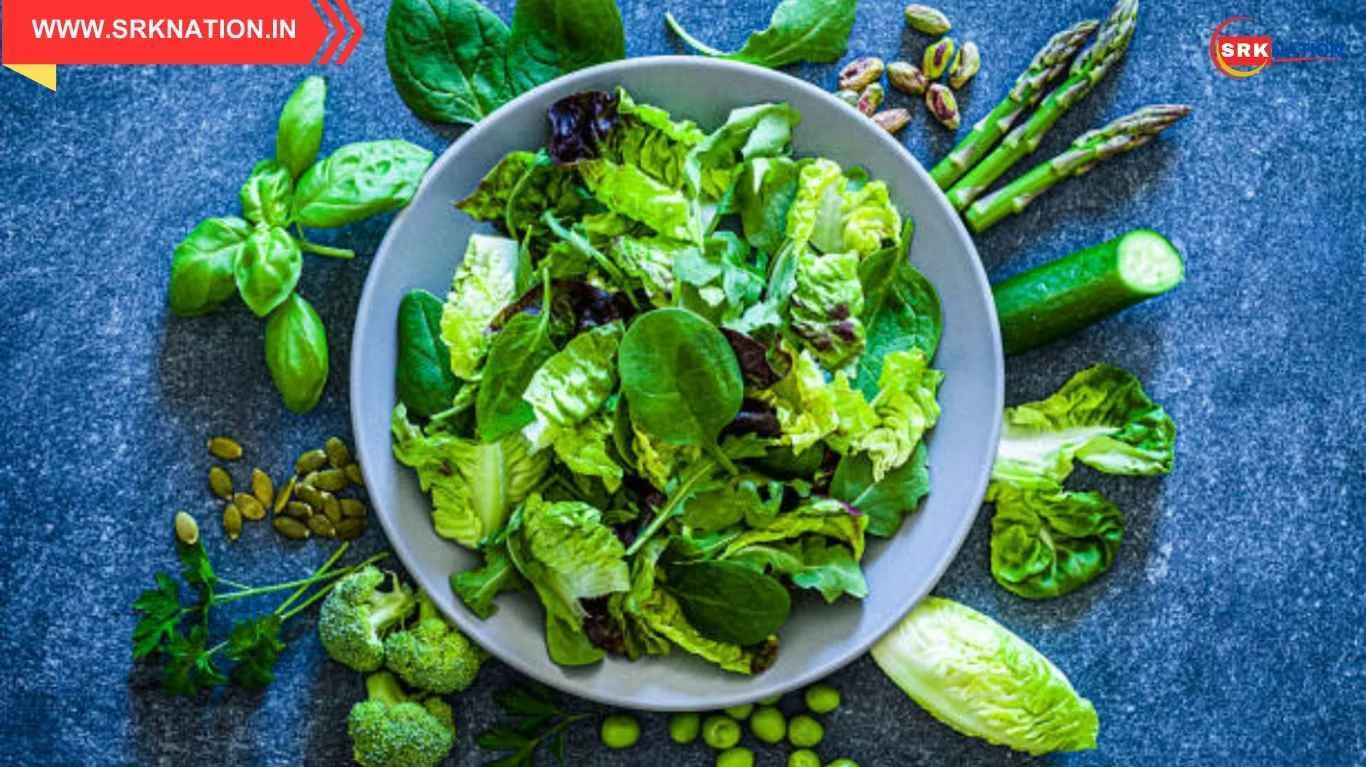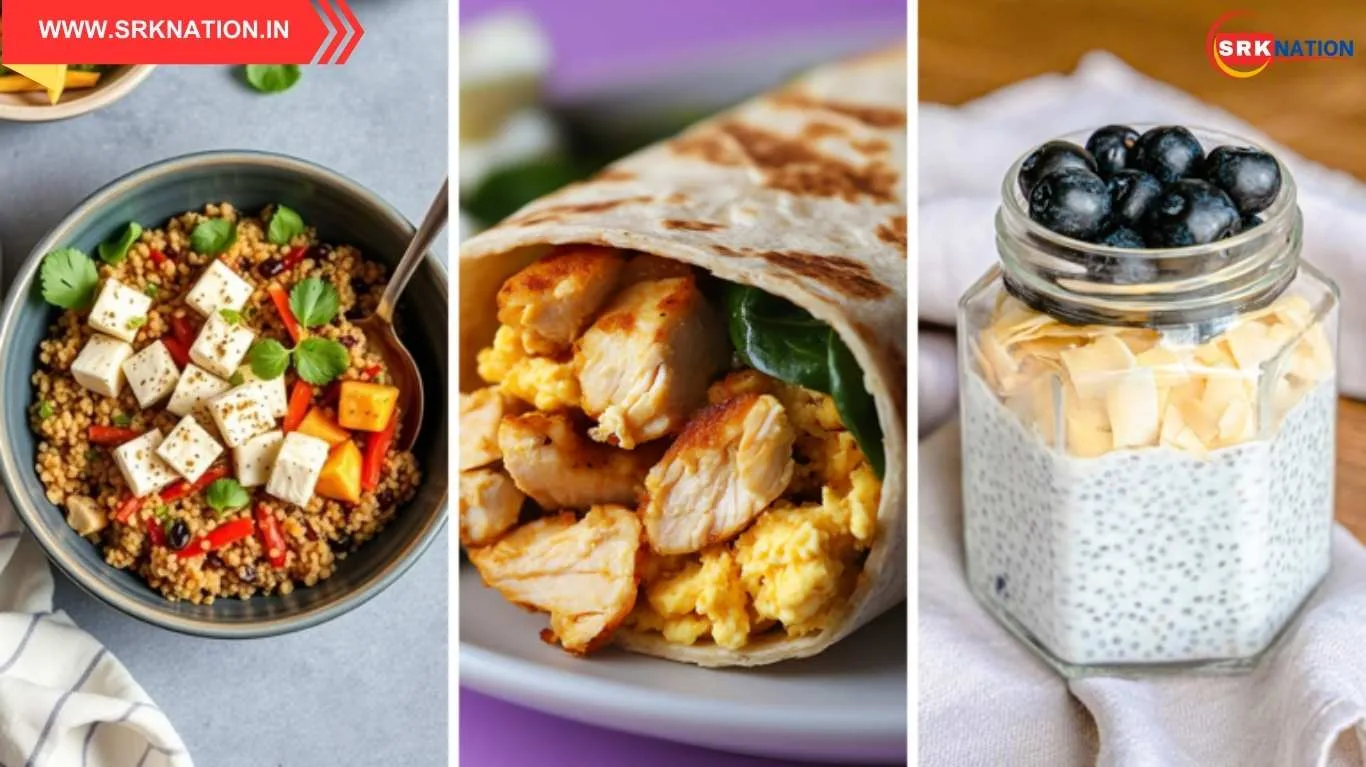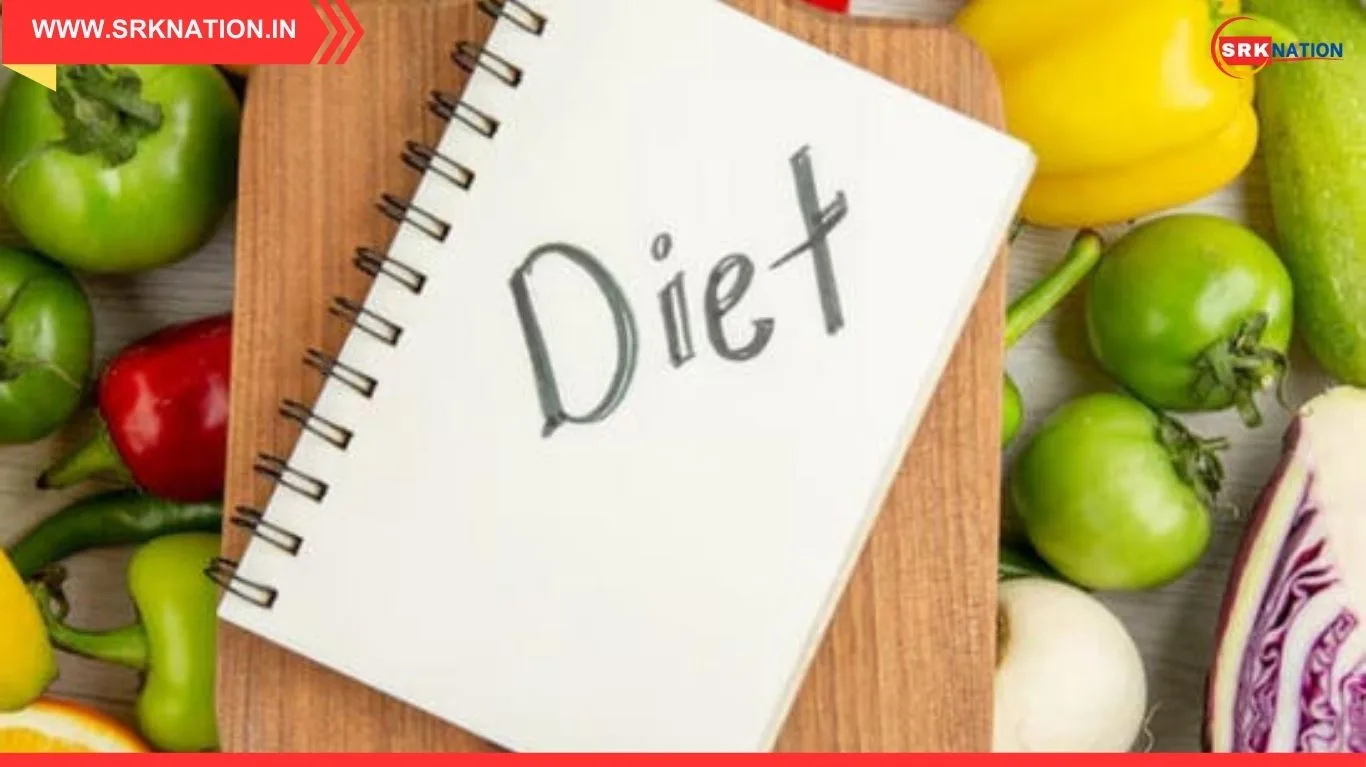Recovering from malaria requires more than just medication—nutrition plays a crucial role in boosting immunity, restoring strength, and accelerating recovery. Health experts emphasize the importance of consuming protein-rich foods, fluids, and essential nutrients to combat fatigue and replenish lost energy.
Key Dietary Recommendations for Malaria Patients
- Protein for Immunity & Muscle Repair
- Lean meats, fish, eggs, and legumes help repair muscle tissues and strengthen the immune system.
- Nuts and seeds provide healthy fats and phytonutrients, making them ideal for those with reduced appetite.
- Fluids for Hydration & Detoxification
- Oral rehydration solutions (ORS), coconut water, herbal teas, and clear broths help restore electrolyte balance.
- Fresh fruit juices, especially orange and pomegranate juice, provide vitamin C and antioxidants to fight infection.
- Carbohydrates for Energy
- Easily digestible options like rice, millet, and whole grains offer sustained energy without straining digestion.
- Rice Kanji or Millet Kanji are recommended for patients experiencing appetite loss.
- Vitamins & Minerals for Faster Recovery
- Iron-rich foods like spinach, lentils, and fortified cereals help combat anemia caused by malaria.
- Zinc sources such as pumpkin seeds and chickpeas support immune function.
- Folate-rich foods like leafy greens and citrus fruits aid cell repair.
- Anti-Inflammatory Foods
- Turmeric and ginger help reduce inflammation and support recovery.
- Papaya, beetroot, berries, and carrots provide essential antioxidants to fight oxidative stress.
Foods to Avoid
- Processed and fried foods that can slow digestion.
- Sugary drinks that may worsen dehydration.
- Spicy foods that could irritate the stomach.
Experts stress that a balanced diet tailored to individual needs can significantly improve recovery outcomes. By incorporating nutrient-dense foods and staying hydrated, malaria patients can regain strength and return to normal health faster.
Stay tuned for more updates on health and wellness.











